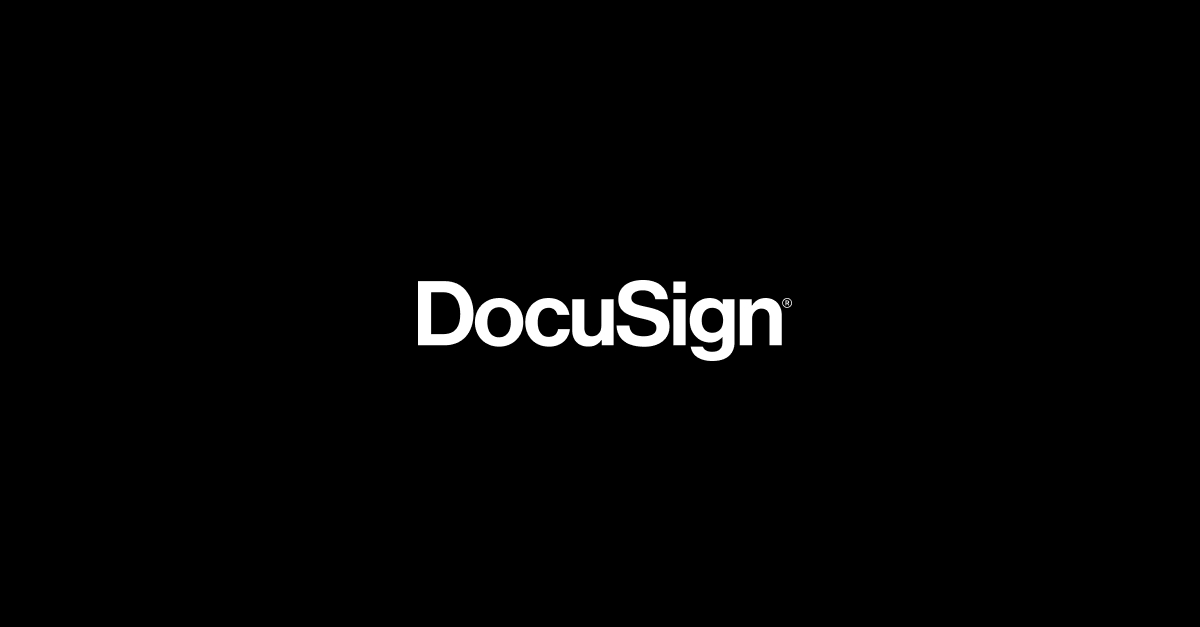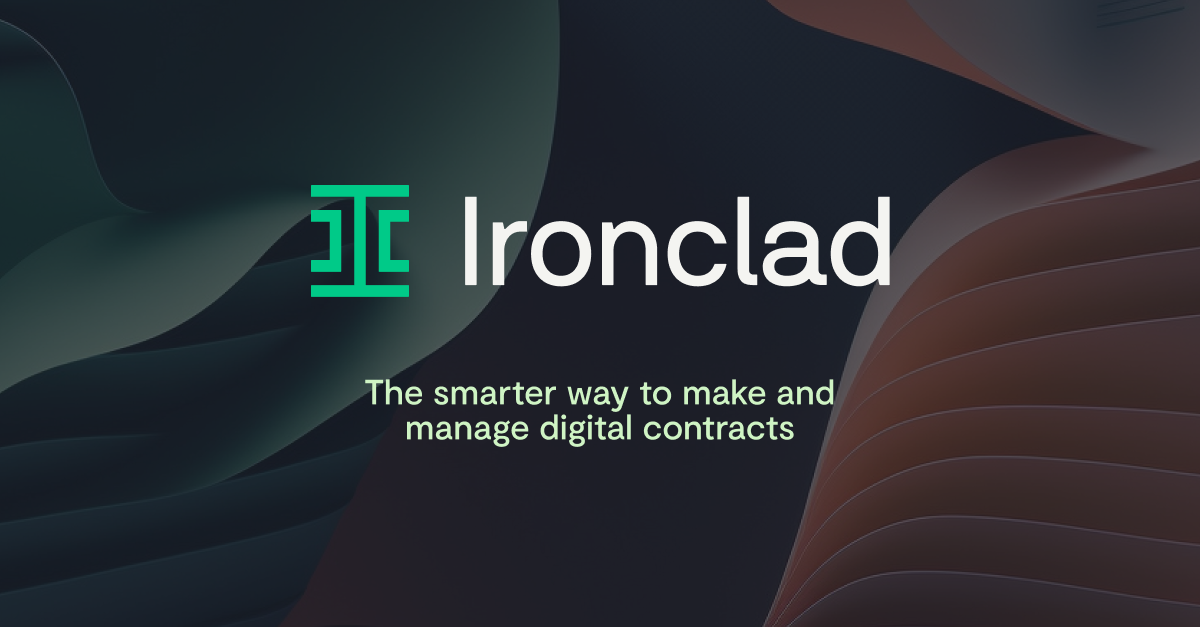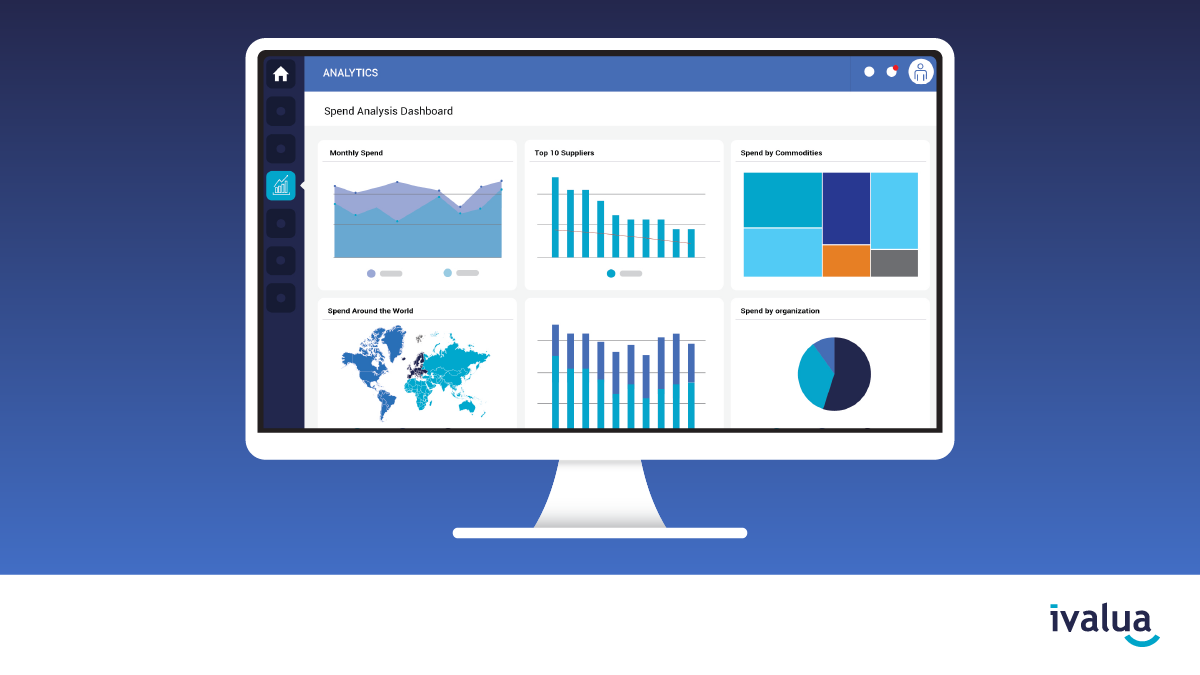Introduction
As businesses worldwide adopt digital strategies to streamline operations and deliver superior customer experiences, contract management has become a priority for driving operational efficiency and compliance. Legacy paper-based processes are unable to keep up with the demands of today’s always-on business environment. Organizations now require sophisticated software solutions to digitize contract workflows, provide a single source of truth for all agreements and analytics to better manage risks and opportunities. This article evaluates the top 15 contract management software based on key capabilities to help procurement, legal and finance teams select the right platform.
Methods of Evaluation
The surveyed platforms are evaluated based on functional evaluation criteria like contract authoring tools, approval workflows, electronic signatures, template libraries, analytics and integrations. Non-functional criteria considered include pricing flexibility, security certifications, platform uptime records, mobile capabilities and customer support. In addition, third party validation signals like number of backlinks, organic traffic and keyword search trends are analyzed to rank the prominence and market leadership of each vendor.
1. SAP Fiori
SAP Fiori is SAP’s standard user experience (UX) platform that provides role-based UIs delivered through a consistent, responsive interface for desktop and mobile. It is offered for SAP ERP and SAP S/4HANA to provide a consistent experience across SAP’s solutions.
Pros: Some key advantages of SAP Fiori include:
– If already using SAP ERP and suites, this UI is familiar
– Cohesive UX across mobile and desktop, centralized data
– Industry focused process driven workflows
Cons: A potential disadvantage is that SAP Fiori is only compatible with SAP solutions and does not integrate with non-SAP systems. However, SAP is working on external connectivity through APIs and integration adapters.
Pricing: SAP Fiori is included with SAP S/4HANA and SAP ERP licenses. There are no additional costs to use the standard SAP Fiori UX but custom development may require additional professional services fees.
Some key stats about SAP Fiori include:
– Used by over 6,000 customers worldwide
– Available for SAP ERP and SAP S/4HANA
– Provides a cohesive user experience across web, desktop and mobile interfaces
2. DocuSign CLM
DocuSign CLM is DocuSign’s contract lifecycle management software solution. As the leading e-signature platform, DocuSign brings its expertise in digital transformation and simplifying agreement processes to contract management. DocuSign CLM allows organizations to digitally transform their contracting processes from request to renewal.
Pros: Key advantages of DocuSign CLM include:
– Part of the popular e-signature leader DocuSign suite of products
– Easy to use interface optimized for remote and mobile use cases
– Tight integrations with Microsoft, Salesforce and other platforms
– Robust security and audit controls for sensitive contract data
Cons: A potential disadvantage is the price – as one of the more full-featured CLM solutions, DocuSign CLM may be more expensive than some other options.
Pricing: DocuSign CLM pricing starts at $75 per user per month for the Standard plan. It also offers Professional ($125/user/month) and Enterprise ($200/user/month) tiers with additional features and support.
Some key stats about DocuSign CLM include:
– Used by over 1M companies globally
– Processes over $500B in contracts annually
– Integrates with over 400+ apps including Salesforce, Microsoft, IBM, and SAP
3. SAP Ariba
SAP Ariba is a leading spend management and procurement software developed by SAP. It offers a comprehensive suite of solutions for sourcing, contract management, supplier info management and more. With over 3.7 million users in over 190 countries, SAP Ariba aims to help organizations digitally transform their procurement processes.
Pros: Some key advantages of SAP Ariba include:
– Tightly integrated with SAP suites for large enterprise customers.
– Robust supplier network and modules for procurement, sourcing and contracts.
– Best suited for SAP and ERP led organizations due to tight integration.
Cons: A key disadvantage is that SAP Ariba is very expensive with pricing based on annual spend under management. It may not be suitable for smaller businesses or those with limited budgets.
Pricing: SAP Ariba pricing is typically based on annual managed spend. For spend up to $500M annually, customers can expect to pay 0.5-1% of procured value. For sourcing and sourcing integration, additional fees apply typically between $50K – $150K per year.
Some key stats about SAP Ariba include:
– Over $3.1 trillion in annual commerce is transacted on the Ariba Network.
– Suppliers in over 190 countries are connected through the Ariba Network.
– The platform helps customers achieve an average of 15-20% savings on addressable spend.
4. Upside
Upside is a contract management software company headquartered in San Francisco, California. Upside offers a comprehensive contract lifecycle management solution that helps organizations simplify, streamline, and control every stage of the contracting process. The platform provides robust capabilities for drafting, reviewing, approving, signing, renewing, analyzing and maintaining agreements and contracts.
Pros: Some key advantages of Upside include:
– Robust SaaS negotiations capabilities
– Strong analytics for price modeling
– Leader in software procurement
– Comprehensive workflow and approval tools
– Flexible platform that integrates with other systems
Cons: A potential disadvantage is that the platform may have a relatively high total cost of ownership for larger enterprises with complex contracting needs.
Pricing: Upside offers flexible pricing plans tailored to business needs. Basic plans start at $49/user per month for standard functionality. Enterpriseplans with additional features like customized workflows and integrations are available through an individual quote process.
Some key stats about Upside include:
– Used by over 5,000 companies globally including 10% of the Fortune 500
– Manage over $150 billion in contract value on the platform
– Over 15 years of experience in the contract management space
5. Conga
Conga is a leading provider of contract management and revenue lifecycle management software. Founded in 1999, Conga helps over 2,500 customers globally manage the entire contract process from authoring to renewal to termination. With Conga’s flexible and scalable platform, organizations can efficiently manage high volumes of complex contracts and documents across the entire revenue lifecycle.
Pros: Some key advantages of Conga include:
– Well suited for sales, marketing and revenue operations with flexible tools to manage complex contracting processes
– Offers strong document generation and templating capabilities to efficiently produce customized contracts and agreements
– Good API capabilities that allow for easy system integrations and customizations
Cons: One potential disadvantage is that Conga is primarily targeted towards large enterprises and may have more capabilities than needed for some smaller businesses
Pricing: Conga offers flexible pricing plans starting at $100 per user per month for the basic package. Pricing is based on number of users, document volume, and additional services/modules needed like eSignature integrations.
Some key stats about Conga include:
– Over 2,500 customers worldwide across industries like technology, healthcare, manufacturing and more
– Crush complexity with a single platform to manage the entire revenue lifecycle from proposal to payment
– Built-in workflows and approvals to streamline contract drafting, negotiation and execution
– Integrations with platforms like Salesforce, Microsoft and Oracle to bring key data together
6. GEP
GEP provides a suite of contract management software as part of its wider AI-powered procurement software platform. GEP aims to help procurement organizations streamline and digitize their contracting processes from request to renewal. Key capabilities of GEP’s contract management software include contract drafting, monitoring and compliance, analytics and reporting.
Pros: Key advantages of GEP’s contract management software include: being part of a larger suite of procurement solutions, strength in sourcing and supplier relationship management, popularity for use in regulated industries where compliance is crucial.
Cons: A potential disadvantage is that as part of a larger consulting company, GEP’s contract management software may be more expensive compared to standalone contract management software vendors.
Pricing: GEP does not publicly disclose pricing for its software. However, as a larger consultancy, pricing is likely to be negotiated based on implementation services, customizations required, the number of licensed users and overall contract value including consulting services.
Some key stats about GEP’s contract management software include: currently manages over $1 trillion in spend annually, over 25 years of experience in procurement technology, over 1,500 customers worldwide including Fortune 500 and Global 2000 companies.
7. JAGGAER
JAGGAER is a leading provider of all-in-one spend management software. With over 20 years of experience, JAGGAER offers a comprehensive suite of solutions for strategic sourcing, supplier and contract management, procurement automation, and analytics. By digitizing and optimizing the entire source-to-pay process, JAGGAER helps organizations gain better visibility, reduce costs, and drive compliance.
Pros: Key advantages of JAGGAER’s spend management platform include:
– Leading spend management suite for indirect categories such as MRO and services procurement
– Robust supplier network and strategic sourcing modules to help lower costs
– Great collaboration tools for category management to engage stakeholders
Cons: One potential disadvantage is the solution requires dedicated implementation resources and may have a longer onboarding process compared to simpler procurement software.
Pricing: JAGGAER offers flexible pricing models like annual subscription licenses based on the number of users, spend under management, and desired functionality. Contact JAGGAER sales for a custom quote.
Some key stats about JAGGAER include:
– Over $500 billion in annual contracting volume managed on the platform
– Used by over 250 enterprise organizations worldwide
– Network of over 1 million suppliers
– Deployed in over 100 countries
8. Ironclad
Ironclad is a leading contract lifecycle management platform. Founded in 2010 and headquartered in San Francisco, Ironclad has helped thousands of customers around the world manage billions of dollars in contract value. The platform enables teams to author, manage and analyze digital contracts to maximize revenue and minimize risk.
Pros: Some key advantages of Ironclad include:
– Simple and streamlined user experience focused solution
– Integration with popular tools like Google Sheets
– Freemium tier suitable for small teams or individuals
Cons: The main disadvantage is that Ironclad lacks some advanced functionality available in competing contract lifecycle management platforms targeted at very large enterprises.
Pricing: Ironclad offers flexible pricing plans starting from a free Basic plan for individual and small teams up to Enterprise plans tailored for larger organizations. Pricing is based on the number of users and additional features like advanced reporting and custom fields.
Some key stats about Ironclad include:
– Used by over 2,500 companies globally including Anthropic, Notarize and ZipRecruiter
– Over 1 billion in estimated contract value managed on the platform
– Integrations with popular tools like Google Sheets, Salesforce and GitHub
9. MasterControl
MasterControl is a leader in manufacturing execution and quality management software. Founded in 1998, MasterControl offers a suite of applications to help companies manage quality processes, comply with regulations, and ensure product safety across their organizations. With over 3,000 customers worldwide, MasterControl helps many of the world’s top life sciences companies streamline their quality management systems.
Pros: Key advantages of MasterControl include:
– Specializes in industries like life sciences that require strict compliance
– Intuitive interface tailored for regulated quality processes
– Strong capabilities for document management, reviews, and approvals
– Customizable workflows to model individual quality processes
Cons: One potential disadvantage is the higher cost compared to some more basic contract management software options. However, MasterControl is focused on industries where compliance and quality are mission-critical.
Pricing: MasterControl offers flexible pricing plans tailored for organizations of different sizes and complexity of needs. Contact a representative for a customized quote.
Some key stats about MasterControl include:
– Over 3,000 customers in highly regulated industries like pharma, medical device, and aerospace & defense
– 30+ quality, document and process management applications
– Implemented in over 100 countries
10. Juro
Juro is a leading contract management software that uses artificial intelligence to help organizations efficiently create, execute, and manage contracts. Founded in 2013 and headquartered in London, UK, Juro serves over 3,500 customers globally includingSkyscanner, Monzo, and Deliveroo.
Pros: Some key advantages of Juro include:
– Simple and intuitive interface that allows both legal and business teams to easily work with contracts
– Robust libraries of templates for common contract types to speed up drafting
– Focus on small businesses and startups with affordable pricing plans
Cons: One potential disadvantage is that the AI and automation may not be as advanced for complex contracts with many custom clauses and addendums compared to traditional contract management software.
Pricing: Juro offers four pricing tiers named Start, Grow, Scale and Advance starting from £25/user/month for Start which includes basic functionality up to custom enterprise plans for larger organizations.
Some key stats about Juro include:
– Over 3,500 customers worldwide
– Processes over $150 billion in contract value annually
– Users can sign contracts in under 5 minutes on average
– Reduces contract turnaround times by over 70%
11. Icertis
Icertis is the leading provider of enterprise contract management in the cloud. The Icertis Contract Intelligence (ICI) platform helps organizations structure and connect contracts to compress the contract lifecycle, increase legal and procurement efficiency, and address compliance. The ICI platform leverages artificial intelligence to turn contract templates and clause libraries into actionable, real-time data that gives customers deep and broad visibility into their contract portfolios.
Pros: The key advantages of Icertis include: Widely recognized as the leader in contract lifecycle management, Robust AI capabilities for contract review and risk assessment, Biggest in terms of funding and has over 1000 employees.
Cons: A potential disadvantage is that as one of the largest CLM providers, Icertis may not be the best fit for smaller organizations with fewer contracts to manage.
Pricing: Icertis pricing is based on the number of active contracts to be managed on the platform and includes additional fees for professional services, customization, and additional users or modules. Exact pricing is available by contacting an Icertis sales representative.
Some key stats about Icertis include: Over 1000 employees, serving customers in over 40 countries, over 5 million contracts loaded onto the ICI platform representing over $1 trillion in contract value.
12. ContractBook
ContractBook is contract management software that helps organizations centrally manage all contracts, agreements and documents. Founded in 2017 and headquartered in Seattle, ContractBook provides a simple platform for teams of all sizes to draft, manage and enforce contracts from start to finish.
Pros: Some key advantages of ContractBook include:
– Simple and affordable pricing for SMBs
– Easy to use interface that doesn’t require legal expertise
– Focus on small teams that need to collaborate on contracts securely
Cons: A potential disadvantage is that it may not have all the advanced features of more expensive enterprise contract management software solutions.
Pricing: ContractBook offers simple and transparent pricing plans starting from free for individuals up to $49 per user per month for teams.
Some key stats about ContractBook include:
– Used by over 5,000 companies worldwide
– Securely stores over 1 million contracts
– Integrates with over 50+ apps including Salesforce, Microsoft Excel and Dropbox
– Available in 8 languages
13. Ivalua
Ivalua is a leading provider of cloud-based procurement software. Founded in 2000, Ivalua offers a unified source-to-pay platform that enables organizations to manage their entire spend portfolio and supplier network. With over 300 employees, Ivalua supports many large enterprise customers around the world from offices in the U.S., UK, and Asia Pacific regions.
Pros: Some key advantages of Ivalua include:
– Provides a unified platform covering strategic sourcing, procurement, contracts, supplier management and more on a single cloud solution
– Robust supplier network capabilities including a supplier portal and collaboration features
– Advanced omnichannel capabilities allow suppliers to interact with organizations through the channels they prefer
Cons: A potential disadvantage is that as a more robust enterprise solution, Ivalua may have higher licensing and implementation costs compared to some smaller, more basic contract management tools.
Pricing: Ivalua pricing is not publicly disclosed but is customized to each customer implementation. Factors like the number of users, modules, and services implemented would impact the total cost. Interested organizations can request a free demo and pricing quote on Ivalua’s website.
Some key stats about Ivalua include:
– Over $12 billion managed on the Ivalua platform annually
– Over 20,000 users globally
– Serving over 200 customers across a variety of industries
14. SAP Fieldglass
SAP Fieldglass is a venture services management (VMS) solution from SAP that provides strategic services procurement, contingent workforce management and total talent management. As the market leader in VMS solutions, SAP Fieldglass has been helping organizations manage their contingent workforce and external spend for over 20 years.
Pros: Some key advantages of SAP Fieldglass include:
– Deep integration capabilities with the SAP ecosystem which allows seamless exchange of data
– Comprehensive suite of modules to manage the entire external workforce/services lifecycle
– Advanced analytics and reporting to provide actionable insights into external spend
– Robust supplier network of over 80,000 registered suppliers globally
Cons: One potential disadvantage of SAP Fieldglass is that as a leader in the VMS space, it can be more expensive compared to other mid-market point solutions.
Pricing: SAP Fieldglass pricing is typically based on annual contract value and number of users/modules licensed. Basic contingent workforce management modules start at $100-150 per user per month. Add-on modules for services procurement, statement of work automation etc. have additional per user fees. Enterprise agreements for large implementations can range from $500,000 to over $1M in annual fees.
Some key stats about SAP Fieldglass include:
– Used by over 18,000 organizations worldwide
– Processes over $150 billion in services spend annually
– Supports over 90 different services categories
– Integrates with all major ERP/HCM systems like SAP, Oracle and Workday
15. TrackVia
TrackVia is a leading contract and work management platform that helps organizations efficiently manage complex projects, assignments and tasks. Founded in 2013 and based in Denver, Colorado, TrackVia provides a flexible low-code platform to automate business workflows and processes.
Pros: Some key advantages of TrackVia include:
– Customizable platform that can be adapted to any specific workflow needs
– Intuitive drag-and-drop interface makes it easy for both technical and non-technical users to build applications
– Robust reporting and analytics to provide visibility into project performance and resource utilization
Cons: One potential downside is that more advanced customizations may require guidance from TrackVia’s professional services team, though most common use cases can be handled through the platform interface.
Pricing: TrackVia offers three main pricing tiers – Basic, Pro and Enterprise. Pricing starts from $49 per user per month for the Basic plan and scales up based on additional user counts and advanced functionality required.
Some key stats about TrackVia include:
– Used by over 5,000 companies worldwide
– Processes over $1 billion in contract value annually
– Supports industries like professional services, field services, manufacturing and more
Conclusion
While no single solution will be the best fit for all, this evaluation aims to simplify the selection process by benchmarking platforms across critical dimensions. The top picks in this list offer compelling feature-sets, proven reliability serving large enterprises as well as flexibility for SMBs. Proper due diligence involving platform demonstrations and customer references can help procurement leaders shortlist and choose the contract management software best positioned to digitally transform their processes and drive value.


















